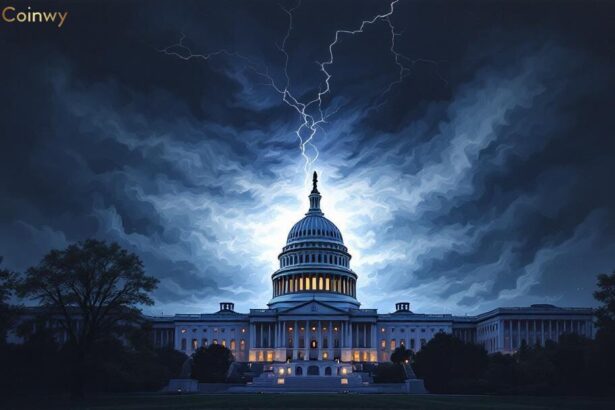XRP’s Potential 40% Price Increase Analyzed
Crypto traders assess whether XRP's price will rise by 40% in the near future despite lacking primary evidential support.
Hand's Pick
Crypto Prices Today: Early Positioning Phase Highlights Apeing Among 5 Best Cryptos to Buy Right Now
Crypto prices today reveal a quiet market where early positioning matters. Apeing stands out among the 5 best cryptos to…
Is APEMARS the Top Crypto to Buy Now in Q1 2026 as AVAX Price Today Trades Near $12 and TRON Strengthens Its Ecosystem? (Crypto Updates)
AVAX price today trades near $12 as TRON strengthens its ecosystem. Discover why APEMARS is emerging as a top crypto…
















